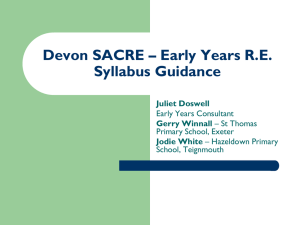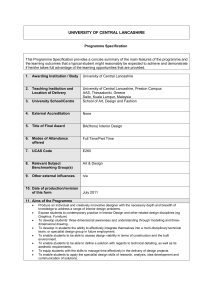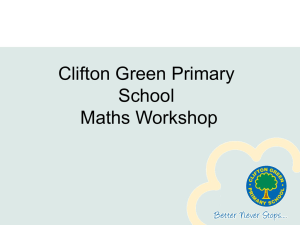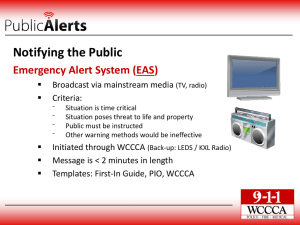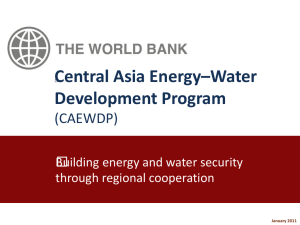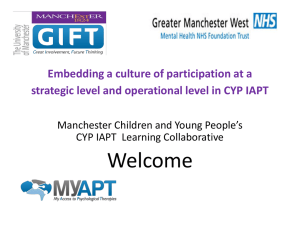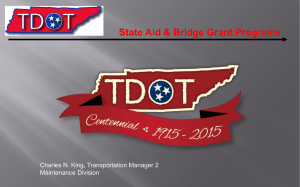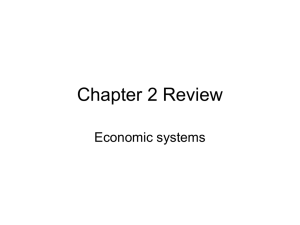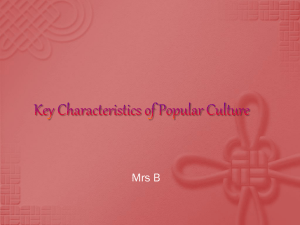Analysing Childrens play
advertisement
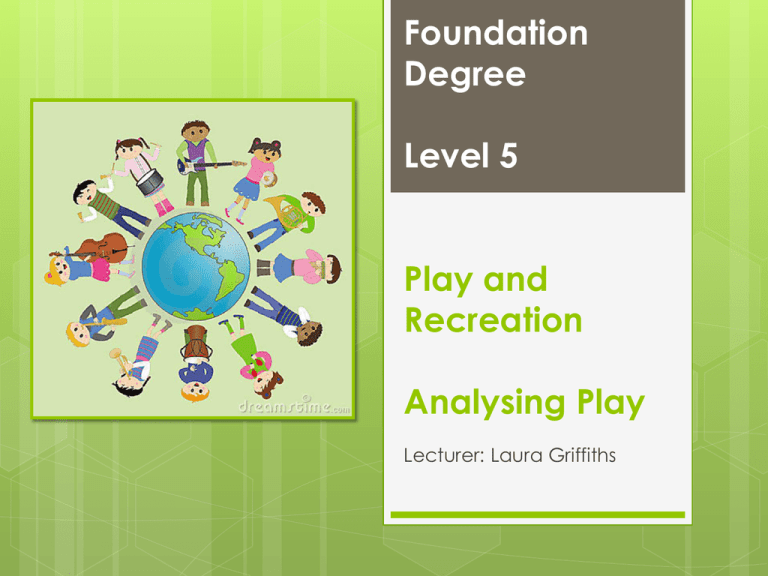
Foundation Degree Level 5 Play and Recreation Analysing Play Lecturer: Laura Griffiths Lesson Aim The aim of today's session is to discuss the importance of analysing children's play. Lesson Objective By the end of today’s session you should be able to…. Identify Discuss the different types of play how and why practitioners need to analyse children’s play. Task: Types of play Play can be categorised under many headings. Using your academic research skills, in small groups identify, describe and analyse as many types of play you can. Collate group your information and share with the How do children learn? “Children learn best when they are given the appropriate responsibility, allowed to experiment, make errors, decisions, and choices, and are respected as autonomous learners”. (Bruce 2011 p. 220) How do children play? In small groups create a spider diagram discussing how children play. How can all of your suggestions be categorised? Adult directed play Adult initiated play Child initiated play Adult Directed Play: Adult led Play This is the type of play where an adult will plan, organise and show the children what they need to do. The adult tells the children how to play and what to do. An example of this could be a cooking activity. Adult Directed Play: What do you think the advantages of adult directed play are? Allows for higher risk taking Enables Helps children to learn new skills Language development Adult Directed Play: What do you think the disadvantages of adult directed play are? Learning is not always effective Learning may be limited Adult Directed Play: Adult initiated play This is where adults put out toys and or resources carefully with intention to develop children in a certain way. This type of play is carefully designed with the intention of a child developing a particular skill that the adult thinks is important for them. Adult Directed Play: Adult initiated play What are the potential benefits of adult initiated play? Encourages development of new concepts Helps the learning process Adult Directed Play: Adult initiated play What are the potential disadvantages of adult initiated play? Children may not grasp the skills expected. Child Initiated Play: Child initiated play if often referred to as ‘free play’ This is because children are free to choose the resources and toys and choose how to play with them. Child initiated play varies according to the age of the child. Child Initiated Play: What are the advantages of child initiated play? Children's emotional development is particularly supported as the children are given the opportunity to make their own decisions. It supports their creativity. Improves their social skills. Child Initiated Play: What are the disadvantages of child initiated play? Limitation of varied skills Learning may become limited The Balance: There needs to be a balance between adult directed play and child initiated play….. Why do you think this? How can we analyse children’s play? Observation What is the importance of observing children? Observation The main purpose of observing children is to gain an understanding of a child’s learning. This can then be used to inform our planning. Observation allows adults to identify any changes in a child’s behaviour and learning needs. Observation Practitioners have a key role in the process of children learning though play HOWEVER for this to be successful a practitioner must have knowledge of…… Where the child is in their development Are there any learning concerns? What areas of the play provisions is the child attracted to? Are they using the resources correctly? Do they engage with peers? Do they ask questions? Are they showing an interest in leaning? Observation Observation For is not just looking observation to be successful you need to… Listen Reflect Take notes References: Bruce, T. (2001) Learning Through Play: Babies Toddlers and the Foundation Years. London: Hodder and Stoughton. Bruce, T. (2011) Early Childhood Education. 4th edn. Oxon: Hodder Education.

